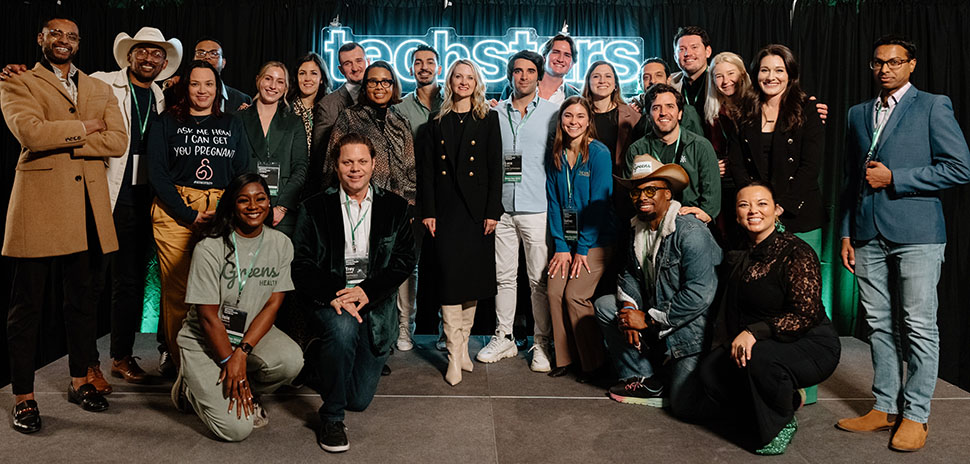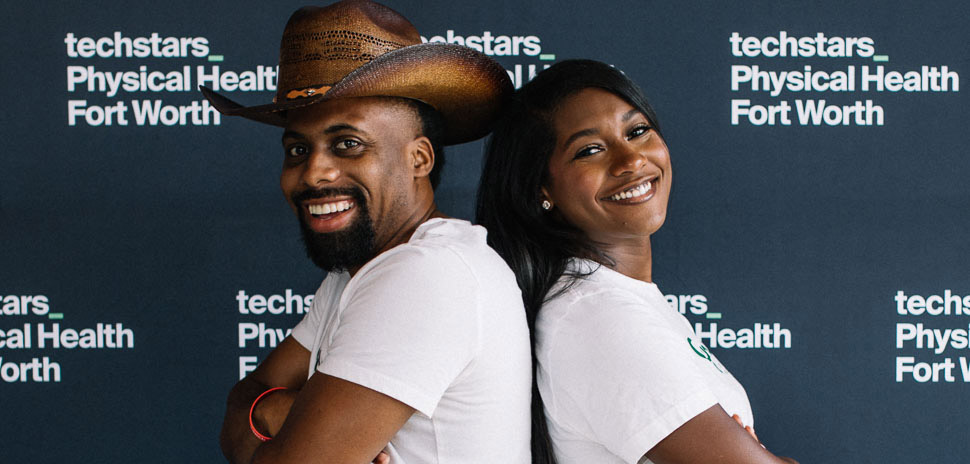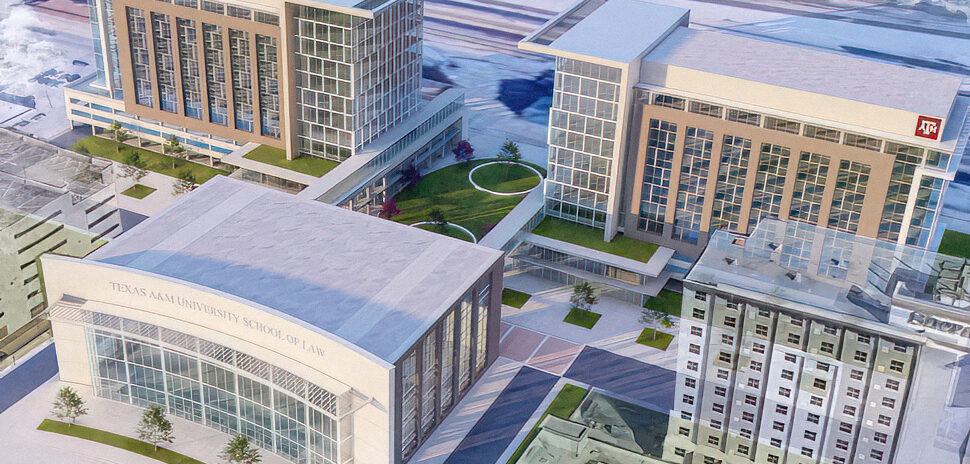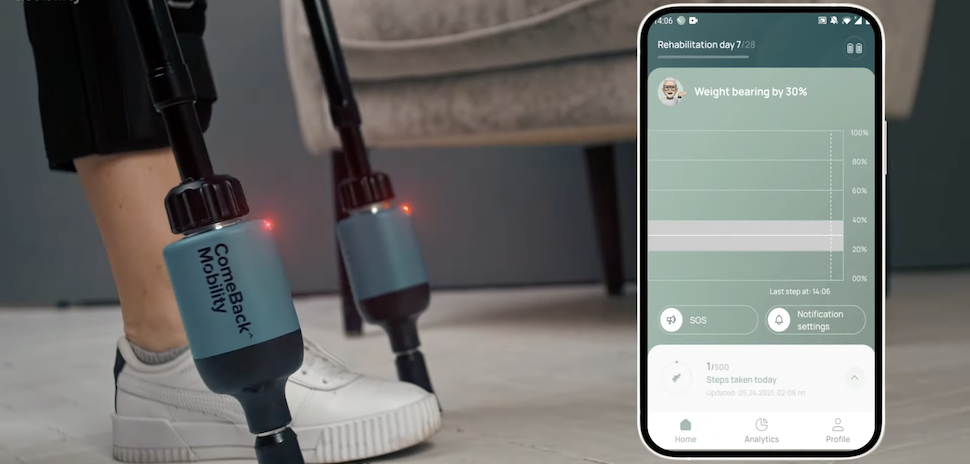The audience was spirited, cheering from their seats and giving each entrepreneur a standing ovation as they approached the stage. This was no “TED talk” … it was the Techstars Physical Health Fort Worth pitch and demo night—a showcase of innovation and demonstration of lessons learned in the accelerator.
“A lot of them have deals with customers in the North Texas area,” said Techstars Fort Worth Managing Director Trey Bowles. “For now, they’ll go back to where they came from—and then some will return here to live.”
Just three months ago, some of these founders were freshly minted startups. In September, 10 startups (out of roughly 4,000 submissions) were selected for the second edition of Techstars Fort Worth. Each came with an idea—from Italy, Ukraine, Mexico, Canada, and across the U.S.—and they learned all they could about turning that idea into a startup and then scaling the business.
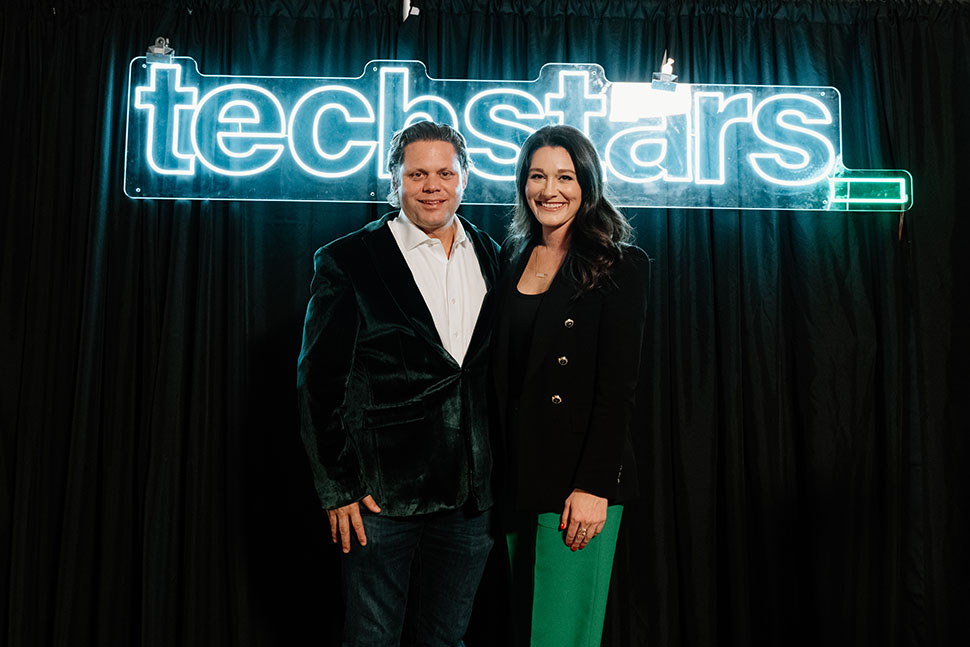
Techstars Physical Health Fort Worth Managing Director Trey Bowles and Program Manager
Jordan WarnementJordan Warnement [Photo: Elijah Bernal/Techstars]
A different approach
Bowles says unlike other accelerators that simply wish founders well at the end of their term, Techstars stays involved. Though not an official objective, the Techstars process can help curb the glut of zombie unicorns by continuing to offer mentorship, spotlight opportunities for growth, and create a supportive cohort. For Comma founder, Miller Morris, this approach has made all the difference.
“[Bowles] brought together the most unbelievable group of founders that he knew were worth betting on, and that would uplift one another,” she said.
Morris was trained as an epidemiologist … “I love data, I love patterns, and I love intervention”… and she saw an opportunity for an integrated solution in menstrual health.
“We have the first HIPPA-compliant cycle tracking tool—an app we call SARA. She illuminates patterns of concern and can link you to a care provider to help.”
Noting that a traditional plastic tampon applicator can take a thousand years to biodegrade, Comma is bringing a sustainable product line to market that cuts that time to about 17 weeks.
In addition to the app and sustainable products, Comma has also found a way to make the most of menstrual blood, which is packed with data. The startup is building a ‘send back service’ for diagnostic analysis where women would mail in their used tampons rather than discarding them.
“There’s a lot of really cool science that could be happening here, and no one’s doing it because they think periods are gross,” said Morris.
Accelerating innovation
Techstars, founded in Colorado in 2006, is a global accelerator that provides access to capital, mentorship—including coaching on how to deliver an effective pitch—and other support for early-stage (pre-seed) entrepreneurs. It has grown to 53 programs, each focusing on one of today’s biggest problems — think climate, smart cities, workforce, and health. The model is a proven way to move people from ideation to execution, while strengthening the ecosystem to reflect the diverse population.
“We have roughly 4,000 investments that have around a 100-billion-dollar market cap,” said Bowles. “21 of those have become unicorns.”
The local chapter Bowles leads started in 2022 and has proven successful.
He and the team pick 10 to 12 startups and sink $120,000 dollars in each. They also connect founders to other investors and subject matter experts who can help with business models, if needed. In addition to Comma, the 2023 cohort targeted:
- Personal comfort, with an app-controlled flexible warming device called Brilliantly;
- Recovery, with biofeedback weight-bearing devices called ComeBack;
- Fertility, by connecting future parents to a team of experts with Hera Fertility;
- Fitness-related injuries, through AI-powered insoles, with LUBU Technologies;
- Deriving insights from data, with enterprise data research robot Maya;
- Eliminating inefficiencies in organ transport, with Pulse Charter Connect;
- High glucose levels, with real-time app-connected sensor, somos;
- Bad prosthetic socket fit, with automatically adjustable Vessl Prosthetics;
- Adolescent diabetes management, with digital platform Xplosion Technology.
While typically eight to nine out of ten companies fail, at Techstars, eight to nine succeed, which is defined as continuing to run as a business or exiting.
What’s next
The standing ovations each founder got while approaching the stage on pitch night is an example of the supportive environment Bowles helped create. They told stories that amplified the need for their solutions; reviewed numbers and projections — but stopped short of asking for funding. Now, they return home — some will build up their business there. Others, including Morris, will establish themselves in Fort Worth. She’s from Nashville, loves the area, and plans to make the move permanent.
In 2023, Bowles and the team at Fort Worth Techstars will have invested in 600- to 700-startups, and, along with partners UNT Health Science Center, the City of Fort Worth, Tarrant County, and Goff Capital LP, continue to elevate ‘Cowtown’ in the area of physical health disruption.
Voices contributor Nicole Ward is a data journalist for the Dallas Regional Chamber.
Gallery
Each startup created a demo day video. Here’s a preview, and you can check them out here.
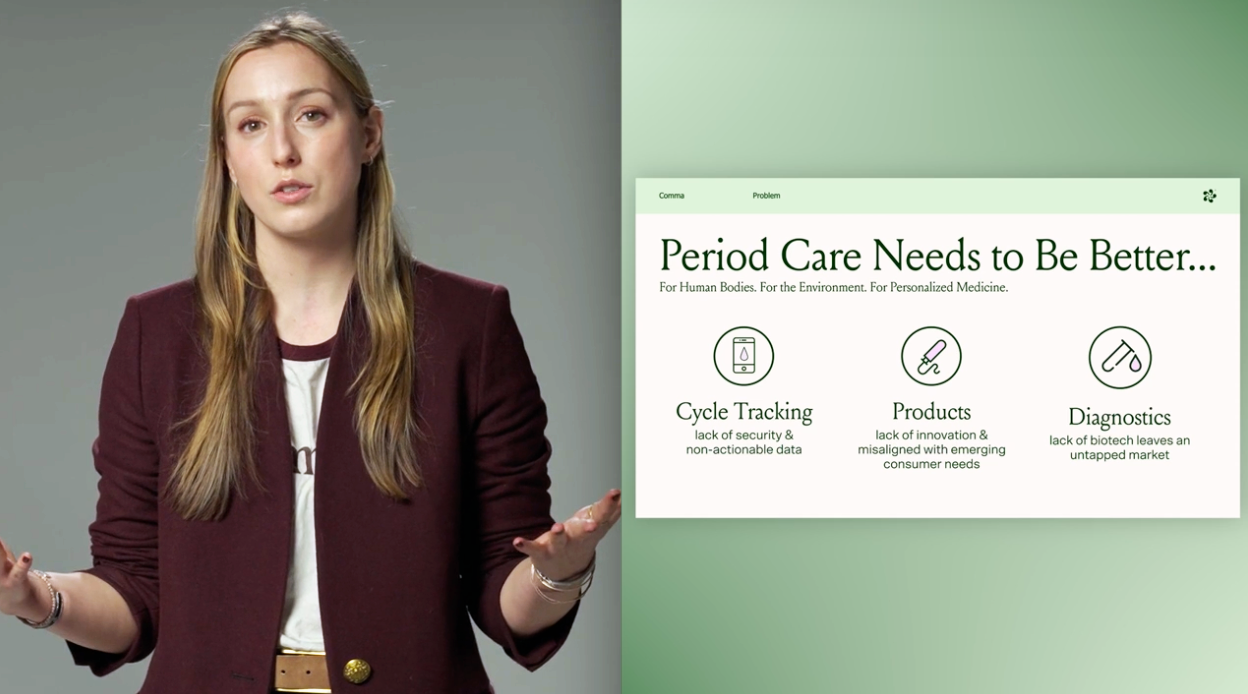
Miller Morris, Comma [Screenshot: Techstars video]
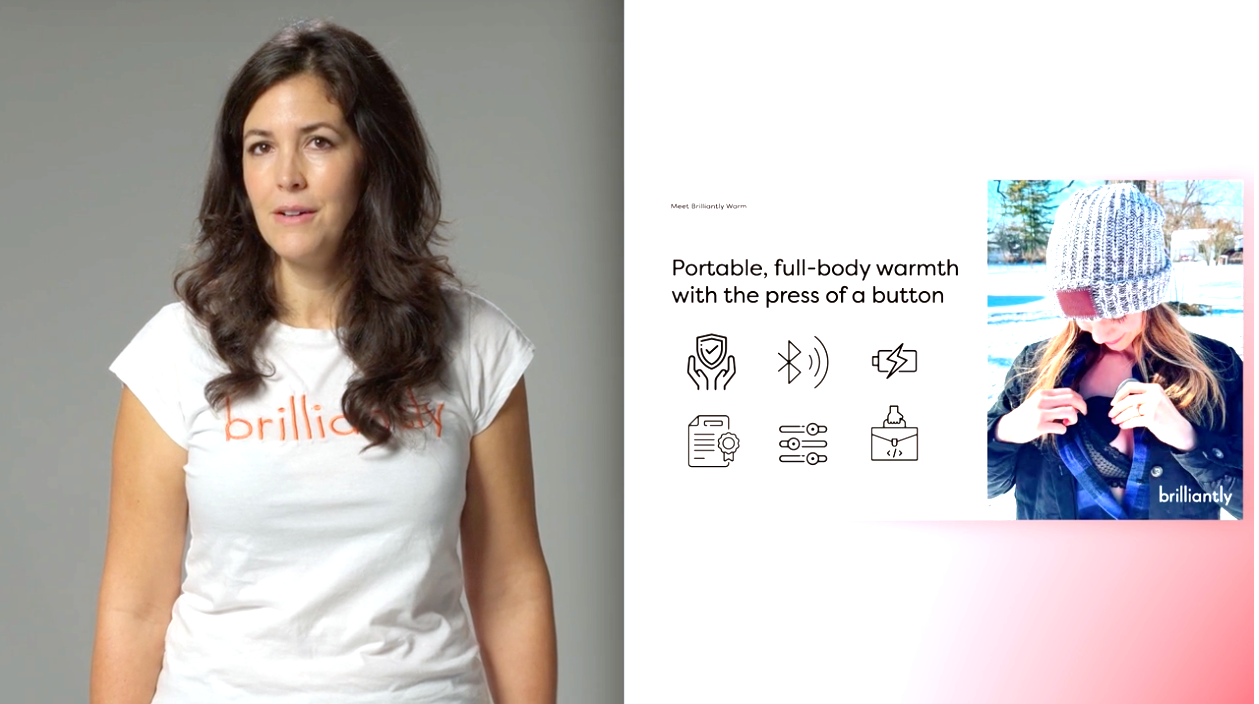
Kristin Carbone, Brilliantly [Screenshot: Techstars video]
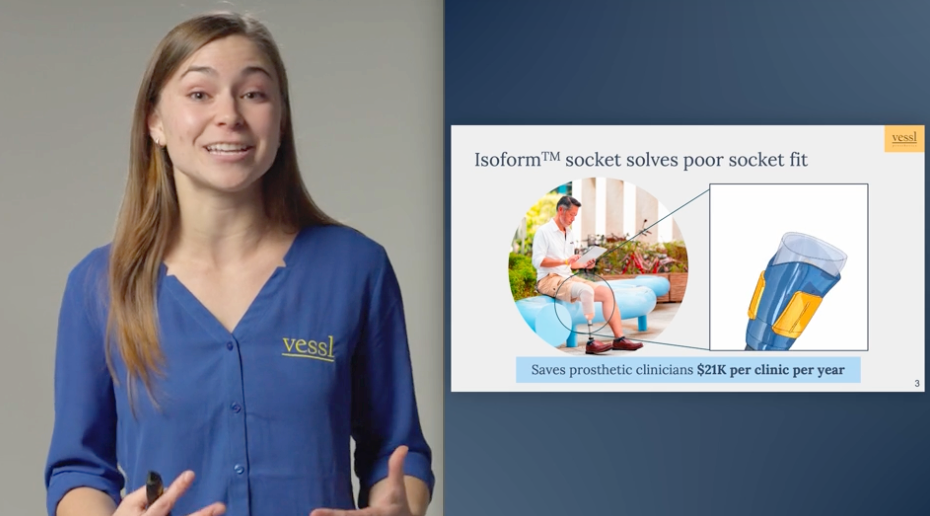
Sydney Robinson, Vessl Prosthetics [Screenshot: Techstars video]
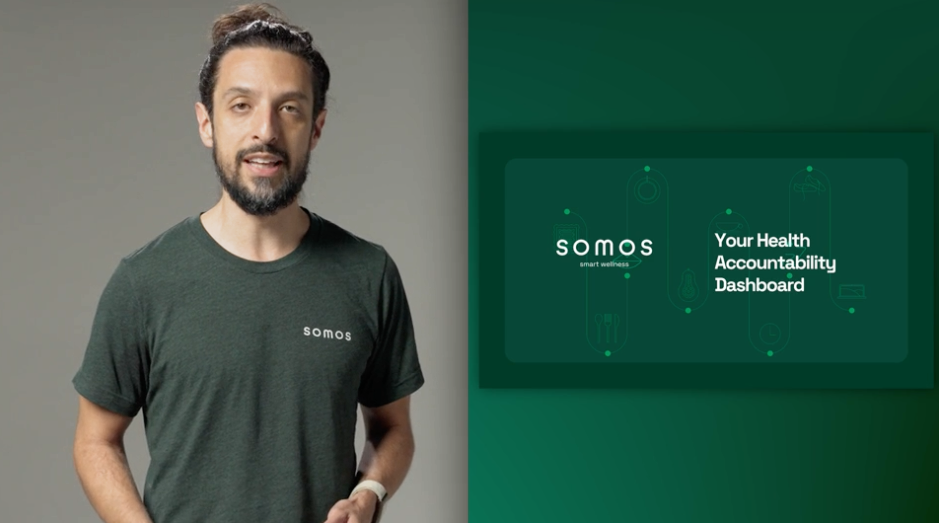
Fede Casas, Somos [Screenshot: Techstars video]
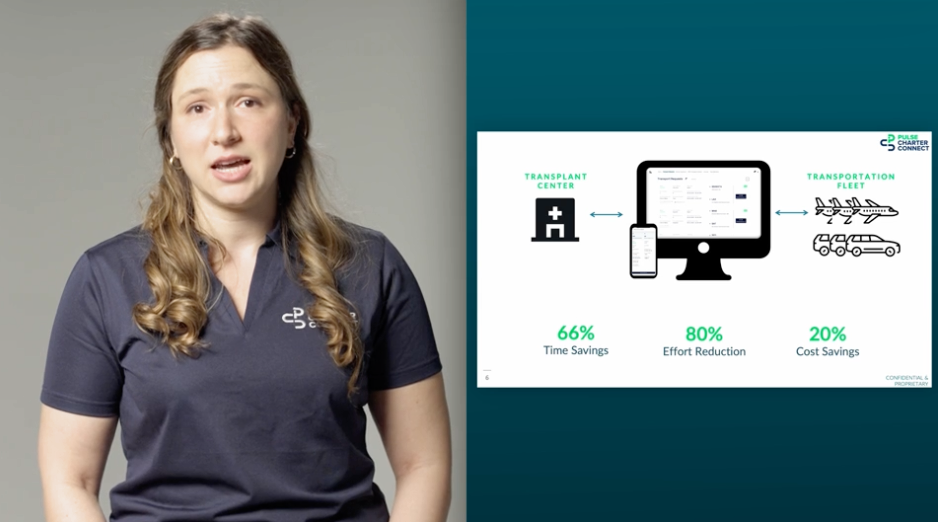
Laura Epstein, Pulse Charter Connect [Screenshot: Techstars video]
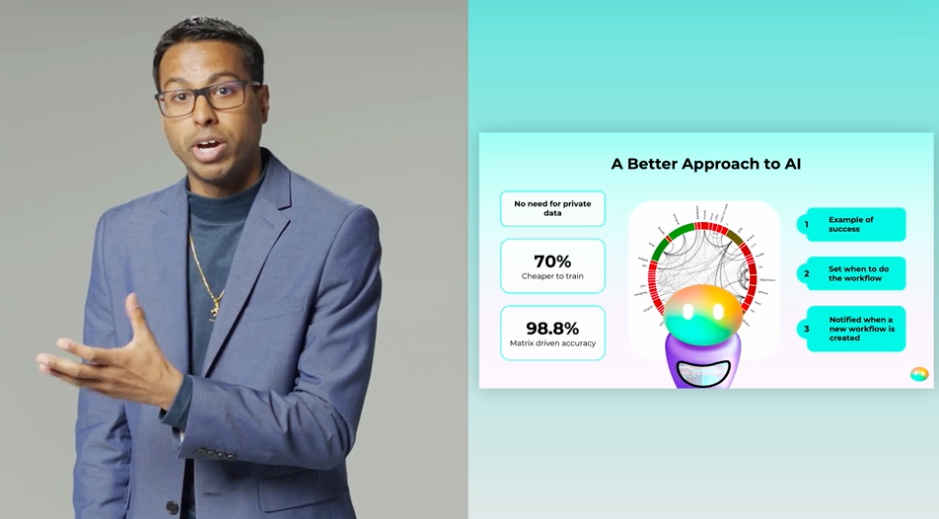
Sat Ramphal, Maya AI [Screenshot: Techstars video]
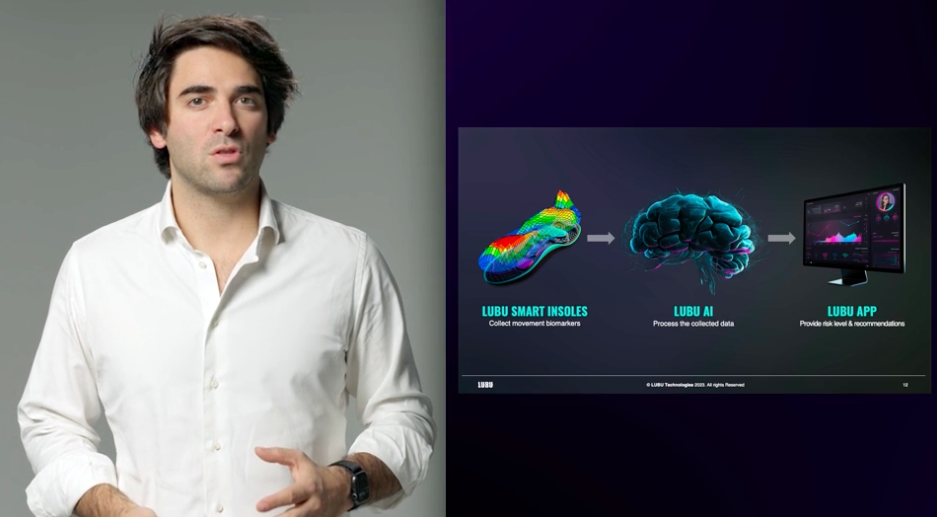
Luca Buratto, Lubu [Screenshot: Techstars video]
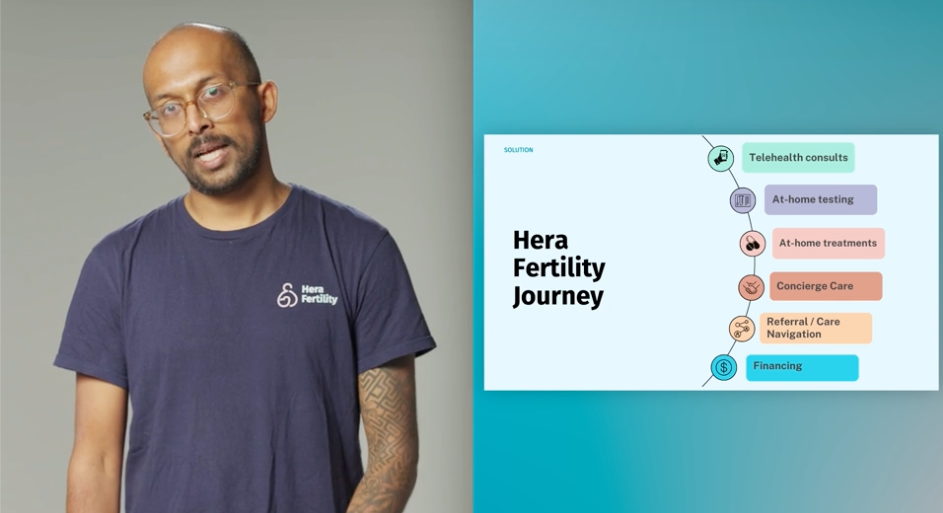
Thiv Paramsothy, Hera Fertility [Screenshot: Techstars video]
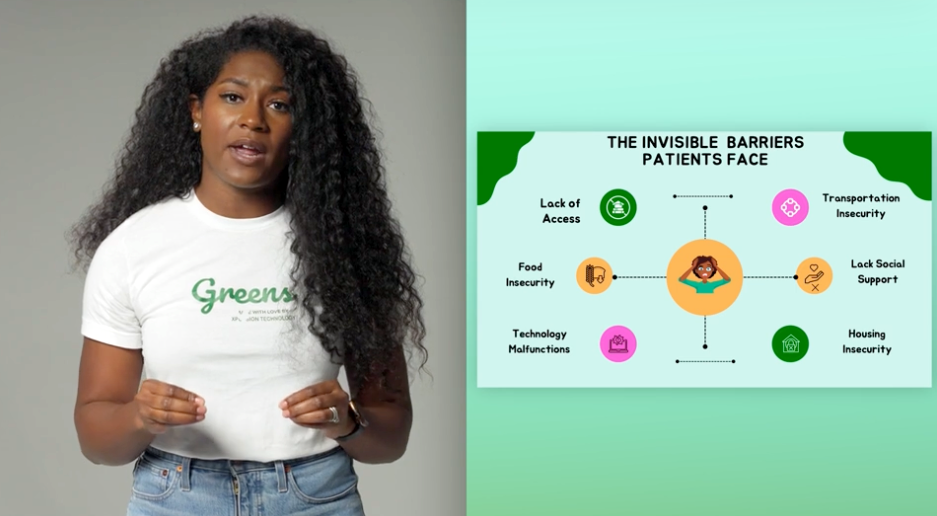
Isis Ashford, Greens Powered by Xplosion Technologies [Screenshot: Techstars video]
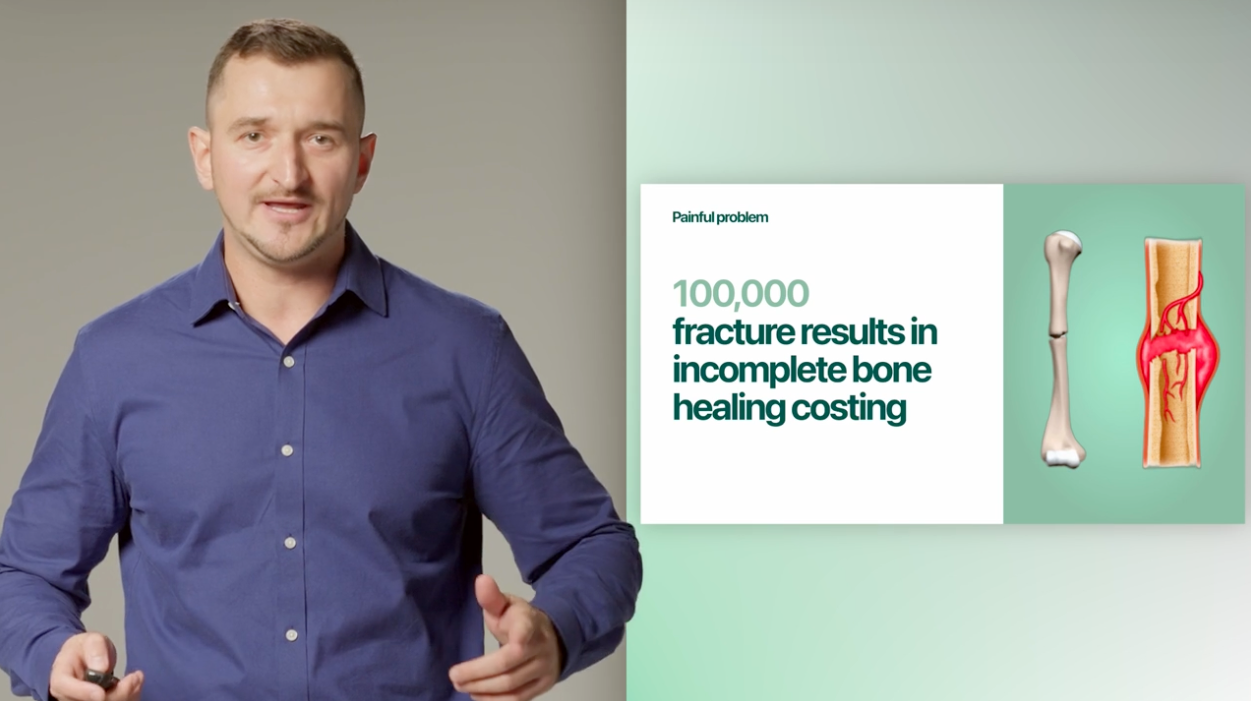
Ilya Popov, ComeBack Mobility [Screenshot: Techstars video]
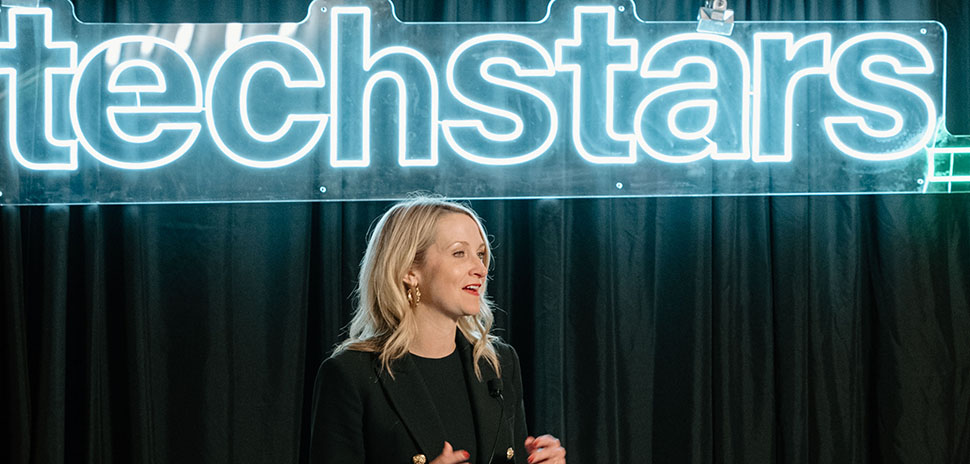
Fort Worth Mayor Mattie Parker was on hand to support the innovators. [Photo: Elijah Bernal/Techstars Physical Health Fort Worth]
![]()
Get on the list.
Dallas Innovates, every day.
Sign up to keep your eye on what’s new and next in Dallas-Fort Worth, every day.

